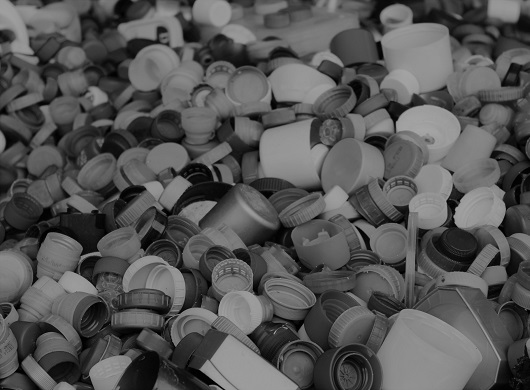
from Plastic People to Environmentalists
“A group of people that are so into their looking good that they go out of their way to sculpt every facet of their image. They are usually the ones who go to the most expensive clubs and restaurants, and rarely are seen doing anything that can affect their image negatively. This term may also apply to people with excessive plastic surgery, generally fake people or those with a lack of personality”. – The definition of “Plastic People” according to the urban dictionary.
Let us now look at the “war on plastic” and I think we will find we are all plastic people; myself included! From the evil coffee cup, the devil’s plastic straw to the deadly plastic bag – all examples of what we are doing to ensure our image is one of recycling and anti-plastic.
The trustworthy retailers have jumped on board this gravy train with aplomb, using it to drive customers ever growing egos of doing the right thing. I’m not against this media hype and how the profile of plastic waste is now at the forefront of our daily image. But I do question whether we are really thinking about this end to end, we are tackling only what our image (individual or business) needs to, to show we are doing the right thing.
I was inspired to write this article after I visited some close friends, who are doing an incredible job of fighting plastic waste in their own home, their own way, not by thinking about the optics, but by challenging where they do and don’t need plastic in their entire life. From kids toys to pre-packaged goods, down to toothpaste; sometimes they opt for the plastic solution other times they don’t, but each element is an informed and calculated choice. This made me think about the FMCG sector I call home, not by thinking about the supermarket shelf but looking back, behind the scenes and the waste that exists.
I came to two conclusions; First, we need to flip the metric from plastic packaging to plastic supply chains and secondly, we need to turn that a further 90 degrees and realise not all plastic is the devil, waste that is bad for the environment overall should be our focus.
Our supply chains carry a huge amount of plastic waste before we even talk about the end product. Our “plastic selves” are considerate to buy that ‘recycled bamboo pack’ when realistically they may not have considered the plastic footprint during manufacturing, neither do we have any idea if the other wastes created from its production are equally as bad or worse.
Just walk into a factory; the raw materials store has the same plastic problems we see in the supermarket, the only difference is the size of the packet, not mentioning the shrink wrap we spin round every pallet. Then head inside the factory, so many production processes use plastic to store WIP in bags or covers, workers wear disposable PPE that is changed every 5 minutes, finished product packaging runs at 2-5% before it even leaves the production floor. Alongside that we see cardboard waste (recyclable, but at what cost?), food waste and the food miles (remember that fad?) that some ingredients travel.
We then pack the product into printed shelf ready packaging, (which might not even be recyclable) and has most definitely pushed cardboard and ink usage up over the last decade…but hey! It saves the supermarket instore people efficiency, so it must be good thing right?
Now let me come back to a comment made earlier, not all plastic is the devil. We need to be realistic and make informed choices. If plastic packaging preserves products for longer and allows a significant reduction in food waste, (meaning less is produced from field to fork) surely this has a greater impact on the overall environment? and probably plastic waste? Rather than the continued focus towards on-shelf plastic our self-image is so proud to fight and supermarkets profiting from?
The only way to get to informed consumer decisions is through informed consumers. ‘Made in Australia’ and health star ratings are great campaigns helping us make informed choices. Therefore, why can’t we champion and report a products end to end impact on the environment as ultimately, it’s the future of our planet for the good of generations to come that we all care about.
The same trustworthy dictionary provided this definition of what we should aspire to be;
“An intelligent human being who believes that human interests are not always in the best interests of human beings themselves (in the long run, of course) or other species. Although there are some impressionable airheaded environmentalists, the majority are scientifically informed and dedicated to their cause. Many things that environmentalists have worked for have also benefitted mankind.”
Put down your Keepcup, lay down your metal straw, as custodians of the industry it is our responsibility to lead the move from plastic people to environmentalist by looking closer to home, or work in this instance.
Paul Eastwood; CEO – Pollen Consulting Group
Published originally in Retail World Magazine – August 2019